I’ve been on the hunt for cheap, Zigbee-based temperature and humidity sensors with a screen lately and getting anything that seemed interesting enough for testing. As reference, check out my my past reviews of the Sonoff SNZB-02D and Tuya SZ-T04 climate sensors.
Most of these devices have a simple LCD screen, measure temperature, humidity and sometimes illuminance. What boggles me most, is that there are next to none Zigbee climate sensors with an e-ink display (one not-so-good exception). LCDs have bad viewing angles compared to E-ink, although there are some with acceptable quality.
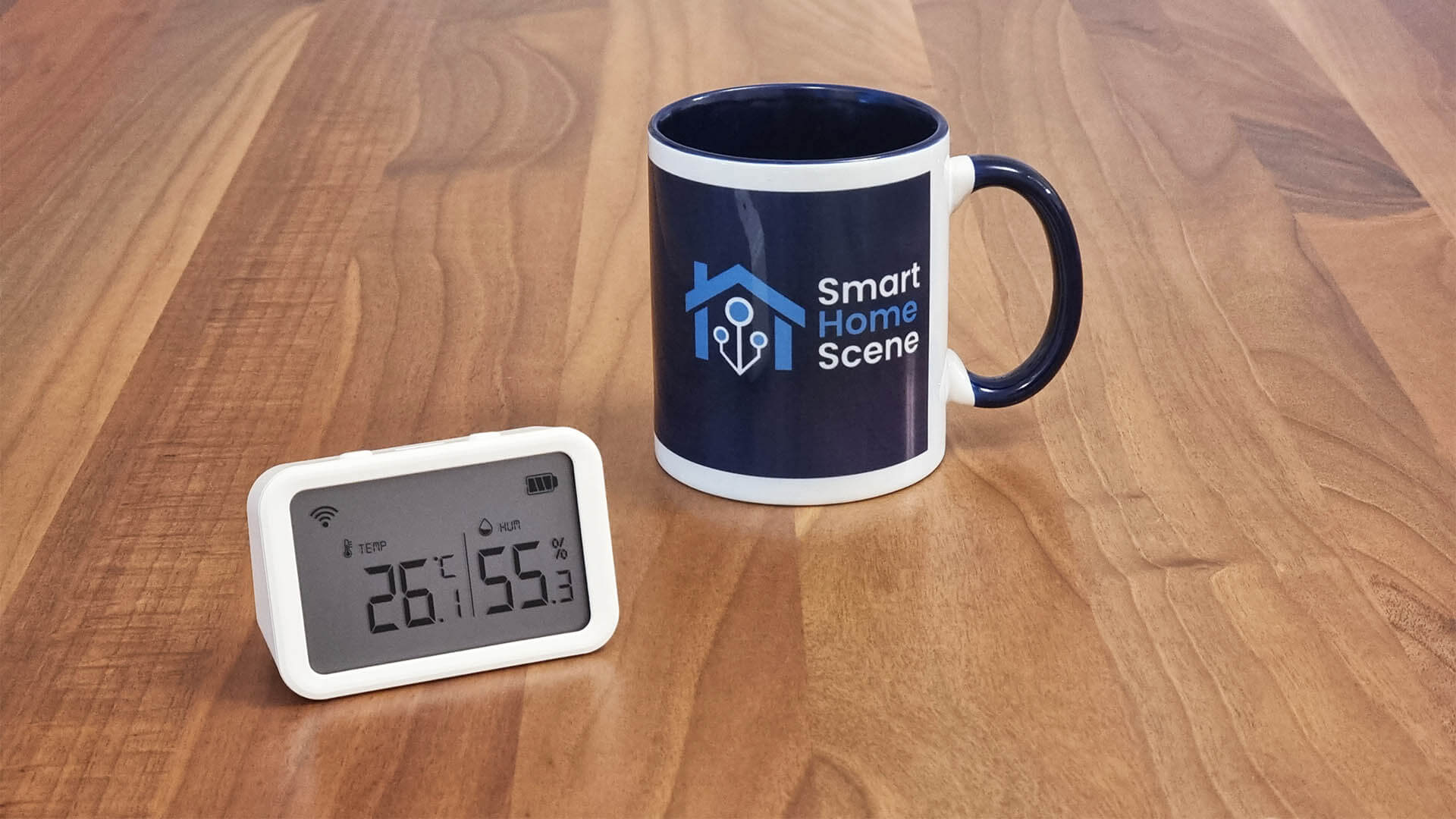
The device I’m reviewing today (Neo Zigbee LCD Climate Sensor NAS-TH02B2) has a pretty solid gray-colored LCD instead of the more common greenish tint that you encounter on cheap devices of this type. I bought this climate sensor for $15 on AliExpress although it’s also available on Amazon for $24.
Teardown
This smart temperature sensor came in a small box containing the device itself, a user manual and some screws for installation. The box is possibly being reused for other products, it’s quite generic. No batteries are included in the package.
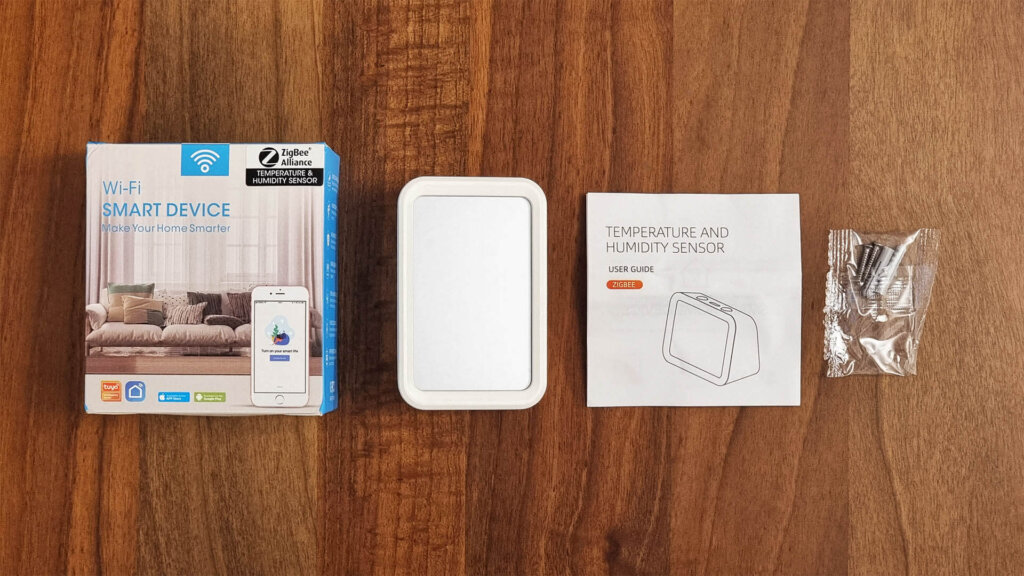
I have mixed feeling about the screen of this device. On one hand, it’s nice and gray and not green like other cheap sensors of this type. On the other hand, this grayish color might make things more difficult to see from a distance. The temp and humidity displayed on screen are large and bold enough though, so it remains to be seen once on the shelf.
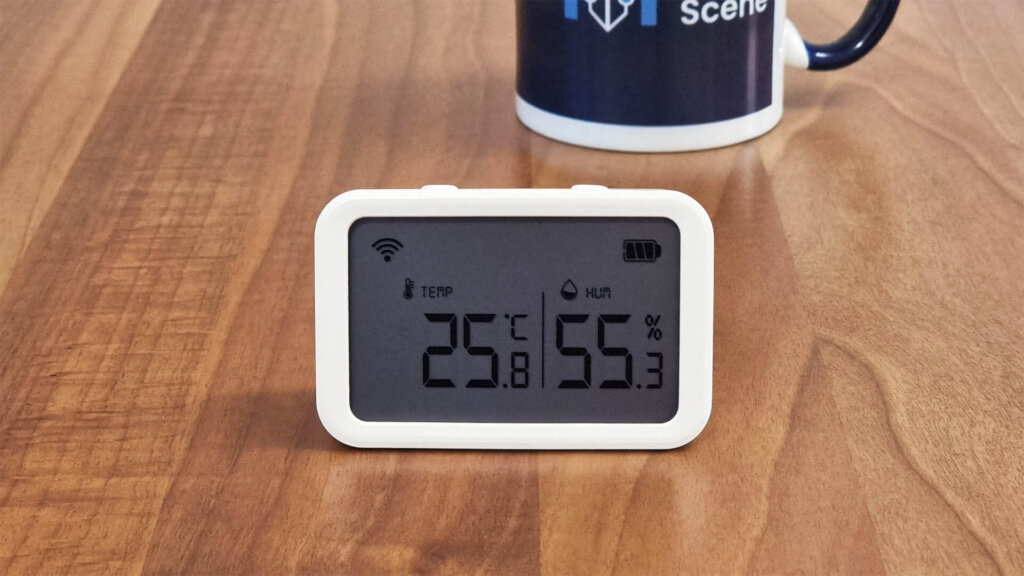
The Neo NAS-TH02B2 climate sensor is powered by two AA batteries that you have to supply yourself. There are two buttons on the top frame of the device: A reset button, used to put the device in pairing mode and a °C/°F button, used to change the degree type shown on the display.
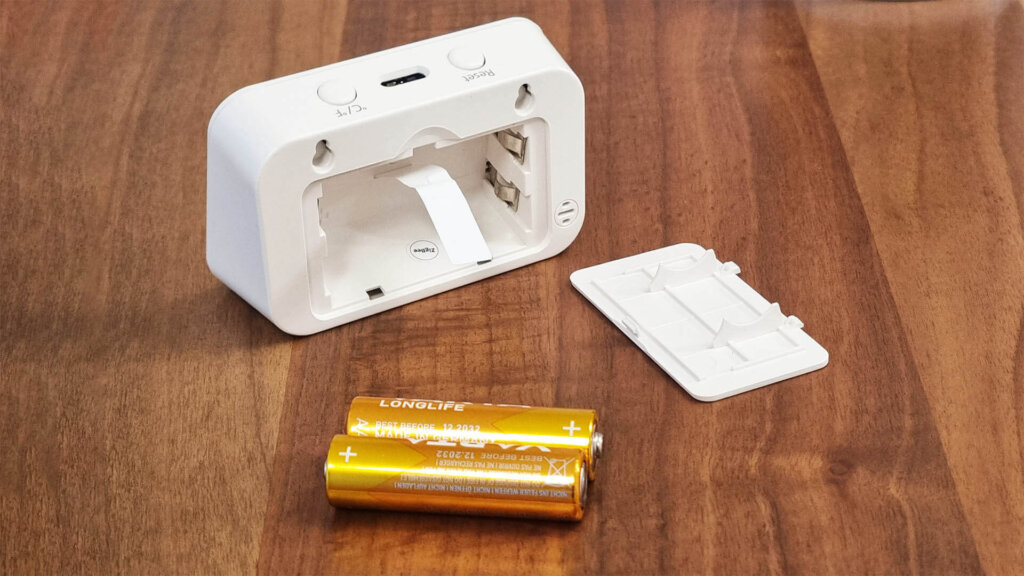
Before even opening the device, I can see what kind of sensor it uses since you can spot it from the top. This is the Sensirion SHTC3 [Datasheet] sensor, which measures with a temperature accuracy of 0.2°C and humidity of 2%.
The sensor next to the SHTC3, is an illuminance sensor unfortunately not used in the Zigbee version of this device. The illuminance reading is only available in the Wi-Fi version of the Neo NAS-TH02B2 climate sensor.
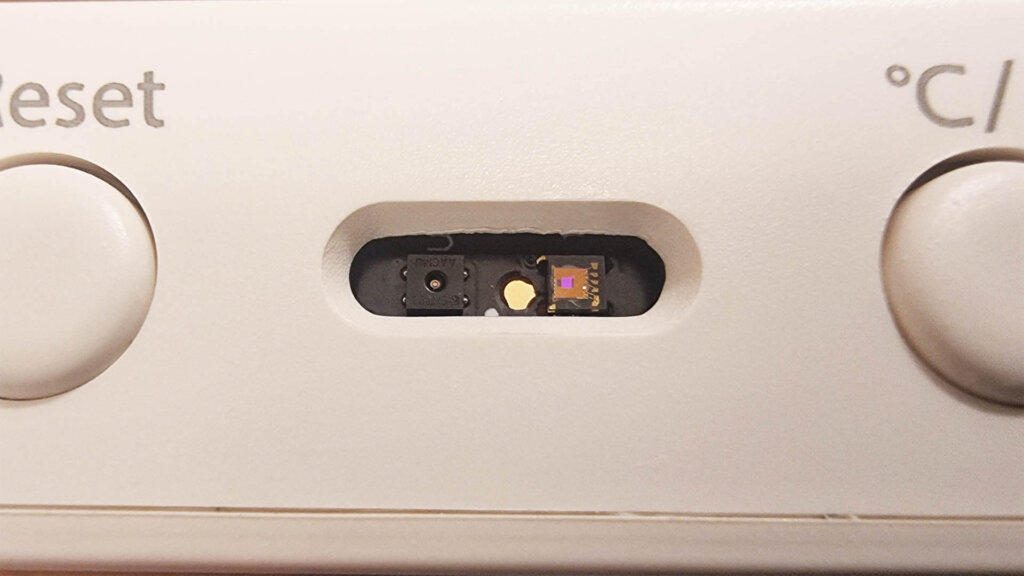
Tearing down this device was true to the word teardown, It was completely glued shut. I mangled the case and almost broke it trying to get in, but curiosity got the better of me.
Neat white PCB, with a display driver labelled as Vinka VKL128 [Datasheet]. I’ve encountered a variation of this module in the Moes T&H ZSS-KB-TH sensor.
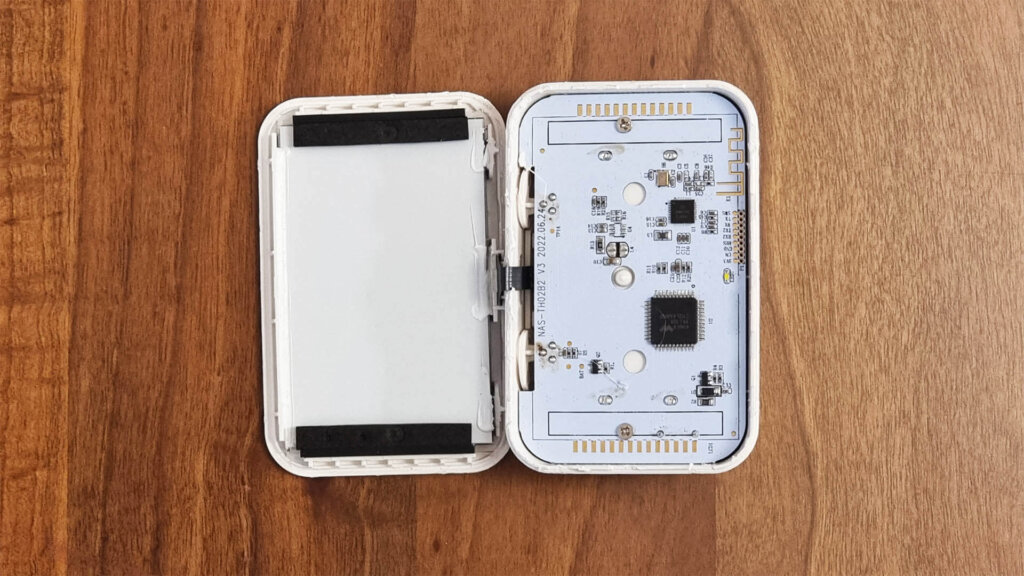
Zigbee communication is handled by a Tuya chip labelled as Z2 ZHW2244 [Datasheet]. The Z2s are a series of low-power ZigBee chips developed by Tuya for battery powered devices, compatible with the ZigBee 3.0 protocol. A variant of Z2 also powers this cheap door & window sensor.
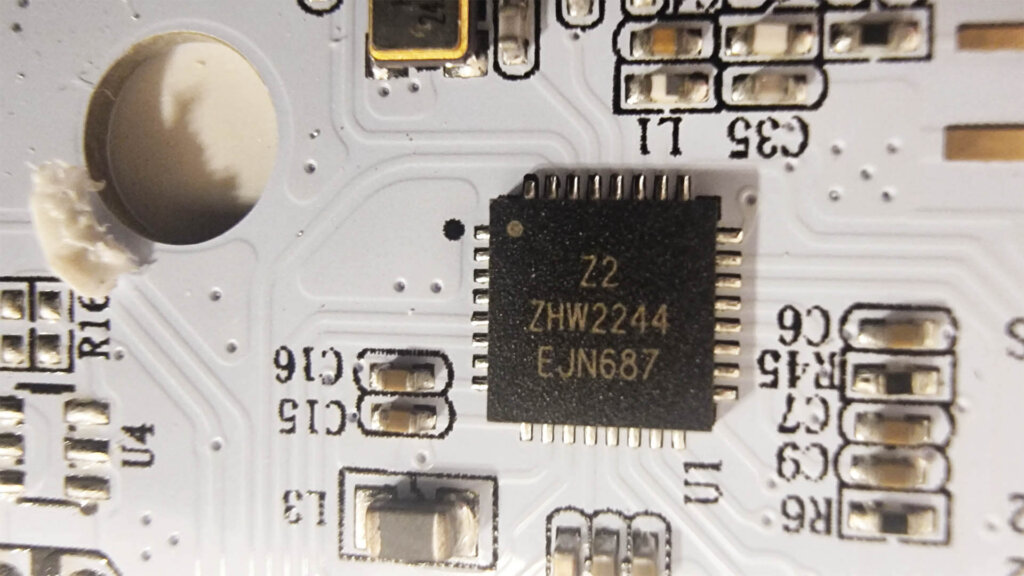
Home Assistant Integration
The Neo Temperature & Humidity Sensor NAS-TH02B2 can be integrated in Home Assistant both through Zigbee2MQTT and ZHA. No custom quirk or external converter is needed as the device is officially supported in both integrations. To pair it, simply press the Reset button until you hear the sensor beep.
Zigbee2MQTT
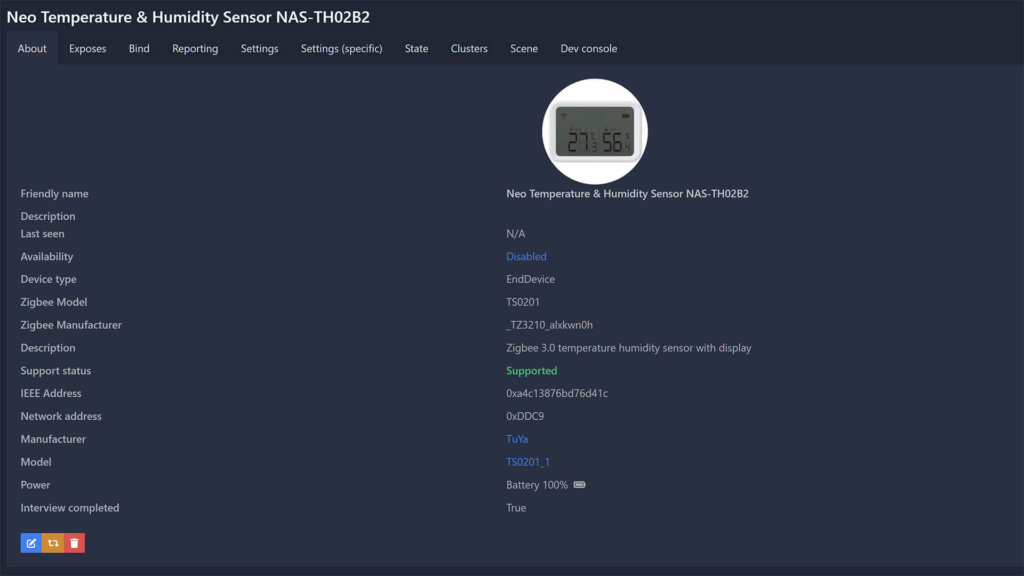
Once paired to Zigbee2MQTT, it’s identified as Zigbee model TS0201_1 and manufacturer _TZ3210_alxkwn0h. Since this sensor is battery operated, it’s device type is set as EndDevice meaning it cannot relay Zigbee traffic.
It exposes the following entities in Home Assistant through Zigbee2MQTT:
- temperature: Reading in °C/F
- humidity: Reading in %
- battery: Reading in %
- voltage: Reading in mV
- linkquality: Signal quality in LQI
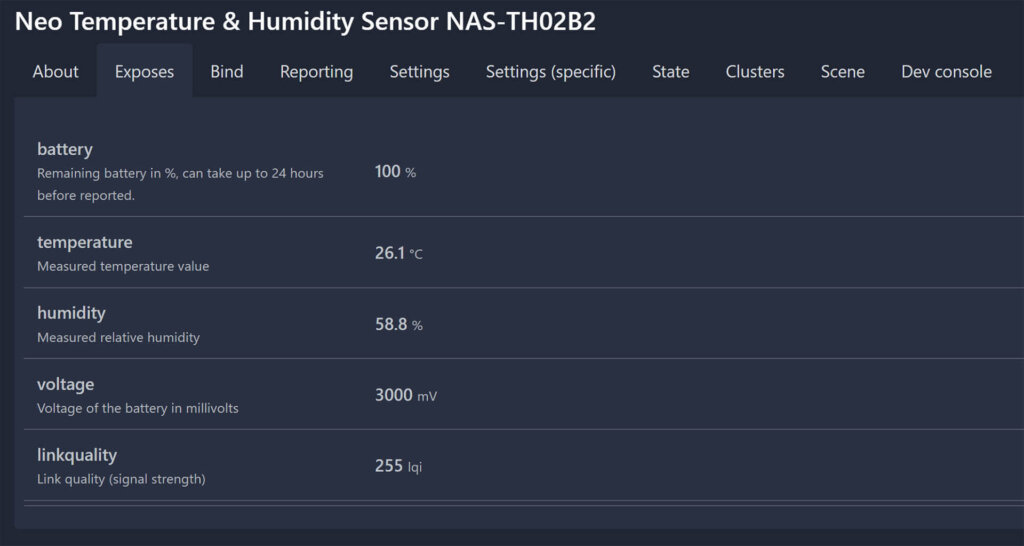
Temperature and humidity can be calibrated within Zigbee2MQTT, eliminating the need to create template sensors for offsetting the values. Opening the Settings (Specific) menu, you can also set the decimal precision reported in Home Assistant.
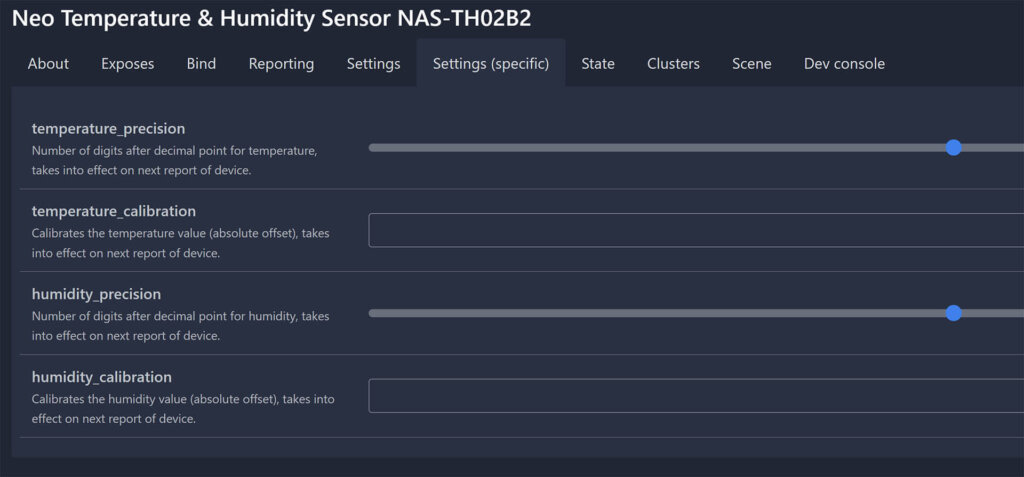
ZHA
Once paired to ZHA, the device is automatically identified as an EndDevice model TS0201 by manufacturer _TZ3210_alxkwn0h. No custom quirk is needed, the sensor works out of the box.
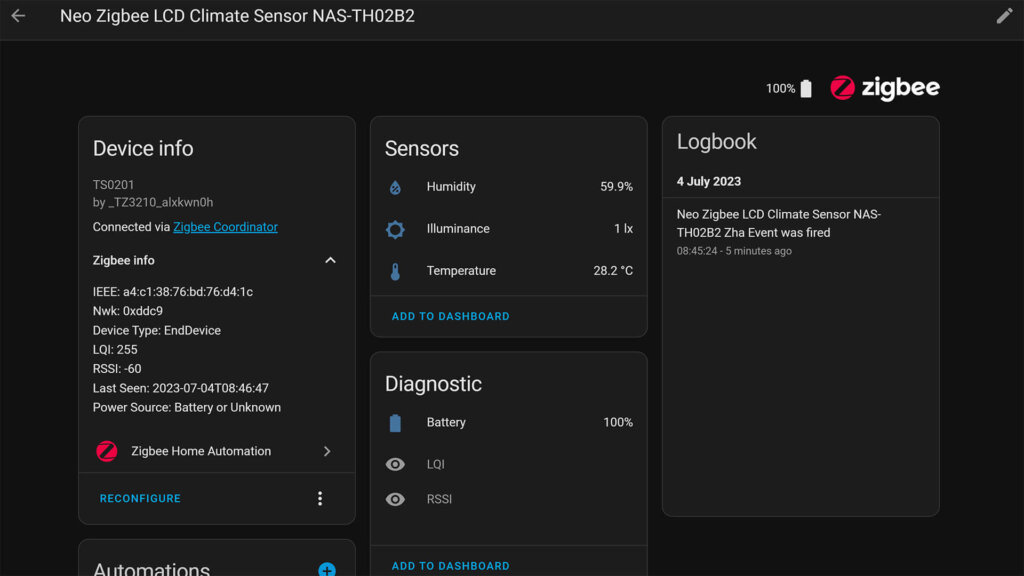
There is an additional Illuminance entity in ZHA, but it does not work. It’s there probably because a custom quirk is recycled from some other device of the same type.
Testing
To get a sense of the temperature and humidity accuracy of the Neo NAS-TH02B2 Climate Sensor, I placed it on a shelf next to a Xiaomi LYWSD02 BLE climate sensor. I benchmark all devices of this type against it, it is calibrated so I trust it’s values.
Reporting Interval
This sensor is reporting it’s state much more frequently compared to other devices of this type. Even though it’s default reporting state is 5 minutes, it reports almost every minute. Whenever there is a significant temperature (≥ 0.5°C) or humidity (≥5%) change it will publish state immediately.
This is useful for certain automations and DIY thermostats, but I feel like low-quality batteries will get drained fast. My estimate of battery life is about 6 months with a good set, even though the manual claims a full year.
Temperature
Comparing the temperature to a calibrated Xiaomi LYWSD02 climate sensor, I got the following results:

The temperature reading was offset by an average of 2.2%, which meant calibration was definitely needed. The Sensirion sensor followed the curved of my Xiaomi sensor, so after calibration it reported the same climate state of my living room.
Humidity

The humidity was similarly incorrect, by an average of 2%, so calibration was needed here too. Even though it followed the curve of the LYWSD02, there were times when it would spike/drop in the opposite direction. Overall, it gave the same general state of the relative humidity in the room, but I would not consider it accurate even after calibration.
Summary
After having the Neo NAS-TH02B2 Climate Sensor in my home for a week, I still have mixed feelings about it. I will try to summarize what I consider are pros and cons of this device.
Pros
- Supported in Zigbee2MQTT
- Supported in ZHA
- Great build quality
- High quality sensor
- Common Battery Type (2xAA)
- Good screen with a gray background
- Bold letters and numbers on screen
- Solid viewing angles for an LCD
Cons
- Sensor not calibrated out of the box
- Illuminance sensor not functional in Zigbee version
- Frequent reporting interval, batteries will not last long
- Gray background of screen might make things difficult to see from a distance in certain scenarios
There were no issues in terms of Zigbee communication, the sensor communicates flawlessly. Obviously, it’s an EndDevice just like any other battery powered Zigbee device.
If you need high reporting rate at the cost of battery life, this is a solid choice. It’s suitable for DIY thermostats and projects where you need frequent reporting.
Pricing and Availability
You can get the Neo NAS-TH02B2 for ~$15 on AliExpress, while it costs ~$23 on Amazon because of resellers. The Wi-Fi version of this device works within the Tuya Smart Life ecosystem, and has a working alarm clock and illuminance sensor, it’s not gimped like the Zigbee variant.
I would suggest you check out the Tuya SZ-T04 [Review] as a viable alternative. It’s accurate out of the box, has a solid LCD screen, with a built-in temperature and humidity alarm. Goes for about $12 on AliExpress and $24 on Amazon. Simply put, costs less, does more.
![]()
AliExpress | AliExpress | AliExpress | AliExpress![]()
United States | Canada | United Kingdom
Germany | Netherlands | Sweden | Spain
France | Italy | Poland | Australia
*If links fail to open, try disabling your AdBlocker.
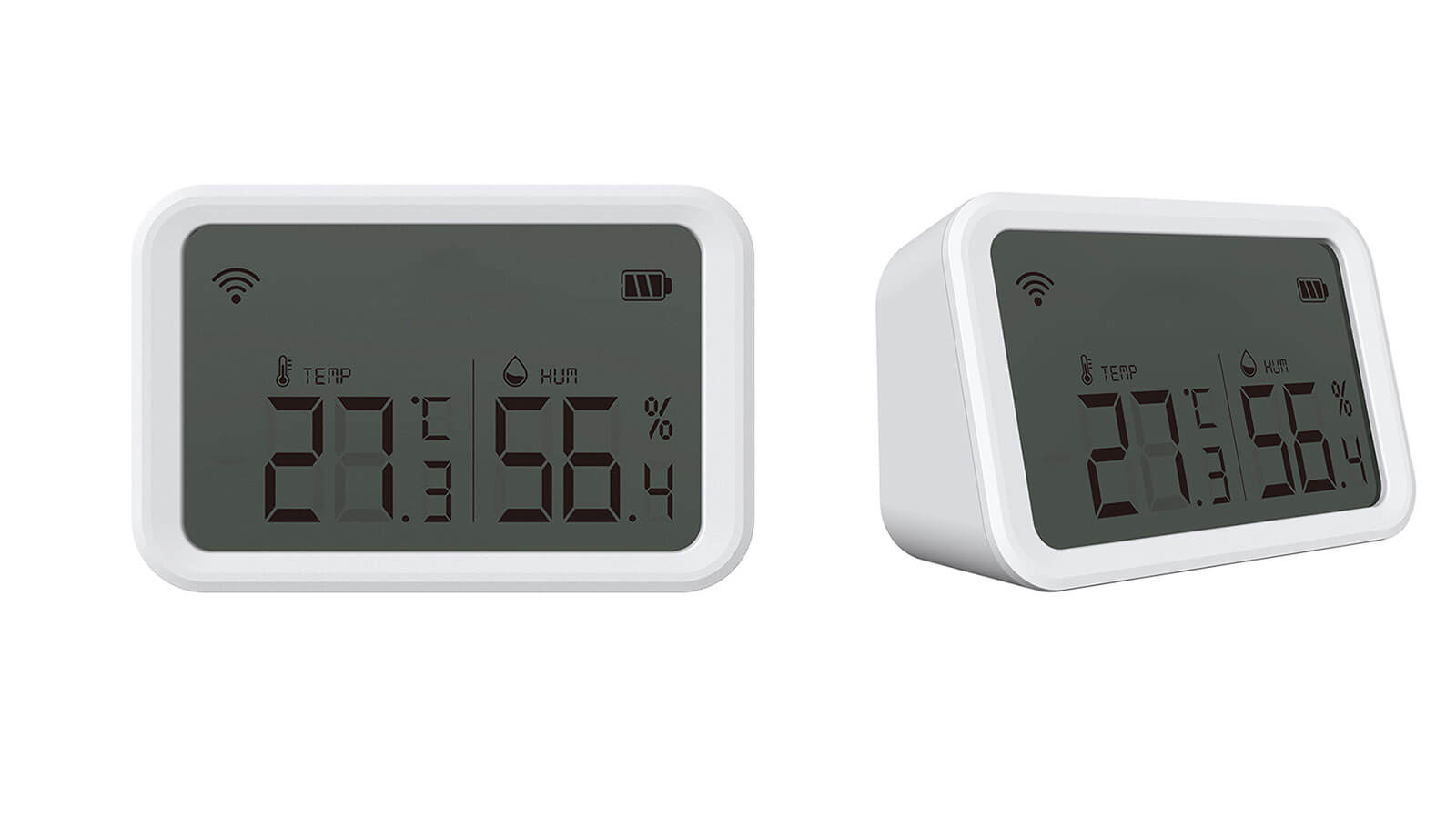
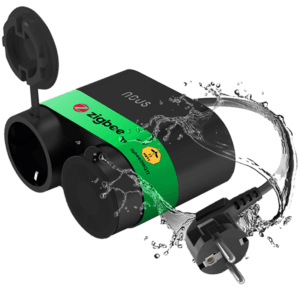
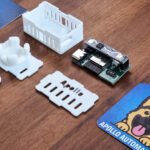
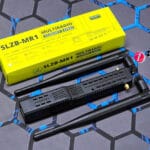
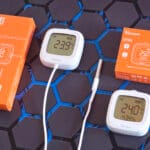
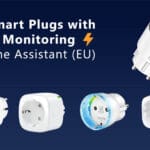
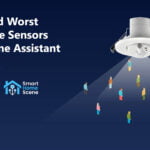
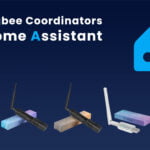
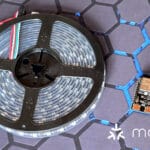
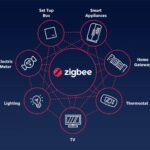
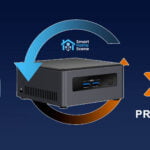
hello, what is the issue you see with the tuya e ink sensor you linked above?
There are several issues with that one (Moes e-ink thermometer):
thanks!
What is difference to https://zigbee.blakadder.com/Neo_NAS-TH02B.html ? I have it more than 2 years.
Older version with a different sensor. Otherwise the same device